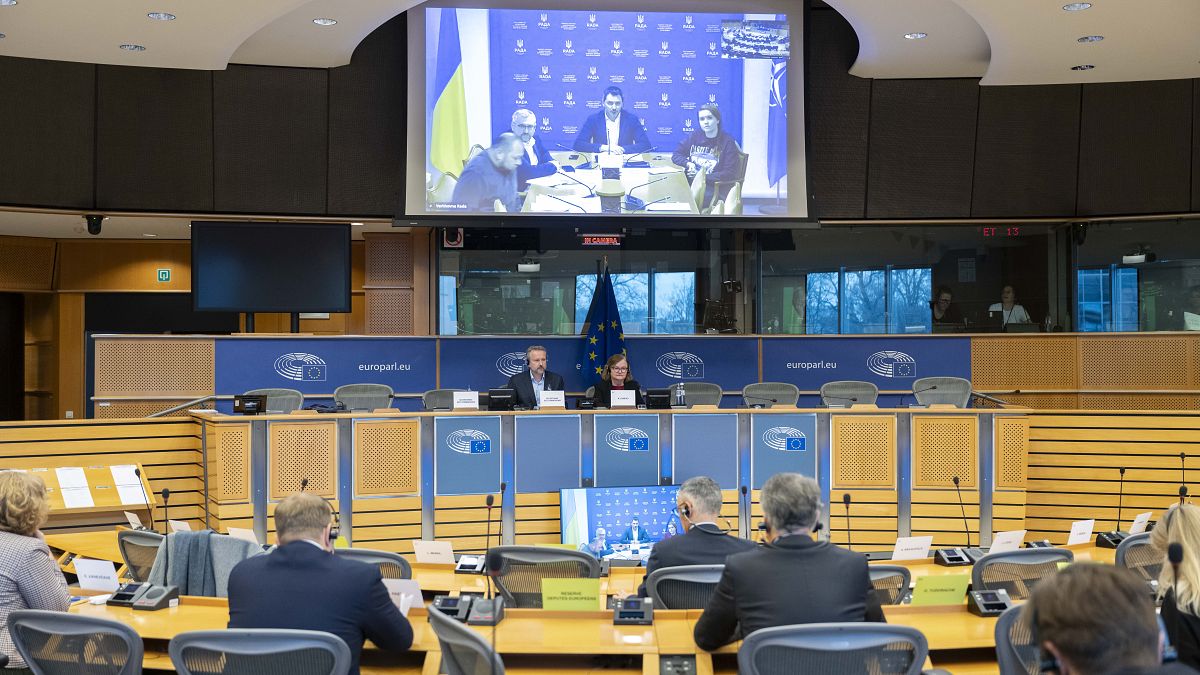The European Parliament’s subcommittee on security and defence (SEDE) is expected to remain unchanged despite pressure to turn it into a full committee. Discussions on restructuring the internal configuration of the European Parliament have led to proposals for new committees, but it appears unlikely that SEDE, the subcommittee on human rights (DROI), and a proposed health committee will be upgraded. Both the European People’s Party (EPP) and Renew Europe are advocating for a greater focus on security and defence in light of ongoing conflicts on Europe’s borders. MEPs like Rasa Jukneviciene and Javi López are pushing for the creation of a Defence Union to address issues like military mobility, EU defence industry development, cyber defence, and NATO cooperation.
The European Parliament’s Socialists and Democrats (S&D) group have not rejected the idea of turning SEDE into a full committee, but they stress that the current committee structure is still effective. The European Conservatives and Reformists (ECR) group, on the other hand, believe that increased defence spending, joint procurement, and mission deployment can be achieved at the subcommittee level without adding unnecessary bureaucracy. The question of whether to elevate SEDE to a full committee is still under debate, with different political groups advocating for or against the move based on their priorities and beliefs about EU defence capabilities and cooperation with NATO.
MEP Rasa Jukneviciene from Lithuania, vice-chair of SEDE, argues that making SEDE a full committee would highlight the strategic importance of defence and autonomy for the EU. Javi López from Spain also supports the idea, envisioning greater institutional relevance and oversight for the subcommittee. The EPP and EU liberals believe that strengthening SEDE’s role and powers will enhance the bloc’s cooperation with NATO and align its capabilities with its ambitions. The issue of creating a full committee dedicated to defence is viewed in different ways by various political groups, with some seeing it as essential for effective decision-making and protection against threats, while others fear it may lead to unnecessary bureaucracy and interfere with member states’ prerogatives.
Regardless of the outcome of negotiations, SEDE is expected to remain under the leadership of the EU liberals, according to a preliminary agreement reached by political parties. While the possibility of elevating SEDE to a full committee is still being discussed, the focus remains on enhancing the EU’s defence capabilities and cooperation with NATO. The need for a Defence Union and a strategic approach to defence and security issues is becoming increasingly important in light of ongoing conflicts and threats on Europe’s borders. With differing viewpoints on the role and structure of SEDE, MEPs are working to find common ground on how best to address the challenges facing the EU in the realm of security and defence.










